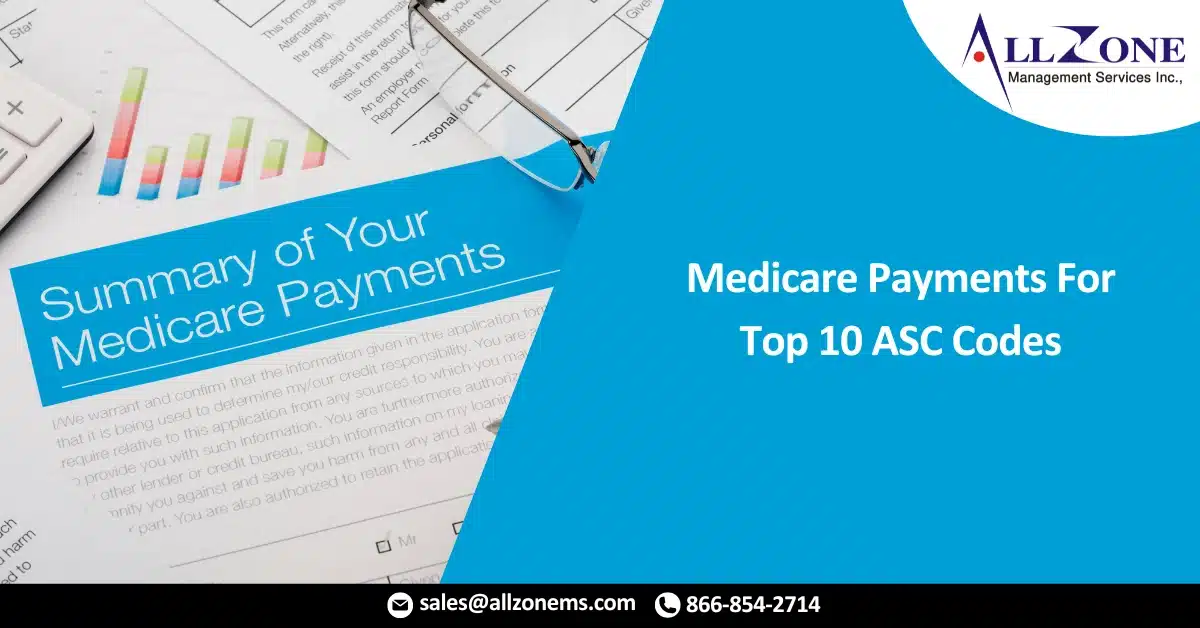The Durable Medical Equipment Medicare Administrative Contractors (DME MAC) are changing the requirement that medical coders to use the right (RT) and left (LT) modifiers for certain HCPCS codes, and that the modifiers be used when billing two of the same item or accessory on the same date of service and the items are being used bilaterally. The […]
As companies shift more and more healthcare costs to their employees, the doormen, office cleaners, cafeteria staff and other members of the union 32BJ SEIU remain among the lucky few who pay no premiums and have no deductibles as part of their benefit plan. Keeping it that way has been no easy task. With each new collective-bargaining agreement, the […]
Hospitals and health systems are exploring ways to revenue cycle transformation processes to offset financial pressures. However, shifting to a new business model for revenue cycle management can be challenging. The hospital revenue cycle has become increasingly complex in recent years for several reasons, including the shift away from fee-for-service medicine, the adoption of advanced […]
Dive Brief CMS Administrator Seema Verma announced Thursday the agency will overhaul coding regulations that she argues have hindered beneficiary access to new medical technology. Medical device companies will now be able to apply for a new permanent Healthcare Common Procedure Coding System (HCPCS) code twice a year, instead of annually. CMS also recently eliminated […]
For many healthcare providers, claim denials are a frustrating cost of doing business. Each year, around 5-10% of medical billing claims are rejected (possibly more). With each claim costing around $25 to rework, providers lose billions in eroded revenue and productivity. Any revenue leakage is bad enough, but the shift towards value-based care means tighter revenue cycle management […]
Medicare payments for the top 10 current procedural terminology codes performed by ASCs are expected to remain relatively stable in 2019 compared to 2018, according to VMG Health. 66984: Cataract surgery with insertion of intraocular lens prosthesis (one-stage procedure), manual or mechanical technique Estimated 2017 payments: $1,172 Estimated 2018 payments: $1,206 Estimated 2019 payments: $1,182 45380: […]
The accelerating challenge around patient needs’ calls for new technology and automation, but on a personal level. As hospitals turn to technology to overhaul the patient experience and improve profits, a range of vendors are bringing new products and outsourced services to meet that demand with artificial intelligence, data analytics and natural language processing as […]
The global medical billing outsourcing market is poised to expand for years to come as medical practices face challenges related to multiple payers and medical code representation, and large practices consolidate, according to a new report by Grand View Research. Five billing trends, based on the report: The global medical billing outsourcing market is projected to reach […]
CMS has released the inpatient psychiatric facility proposed rule. Approximately $75million is projected to be paid to inpatient psychiatric facilities (IPF), according to the Centers for Medicare & Medicaid Services (CMS) proposed 2020 inpatient prospective payment system (IPPS) released on April 19. IPF-PPS applies to inpatient services for psychiatric hospitals and distinct psychiatric units of […]
Moderate sedation coding, also sometimes referred to as conscious sedation, is a drug-induced depression of consciousness. A patient who has been sedated in this way is relaxed and generally insensitive to pain, but remains awake and able to respond to verbal instruction. If medically necessary and properly documented, moderate sedation is a separately reported service. […]










